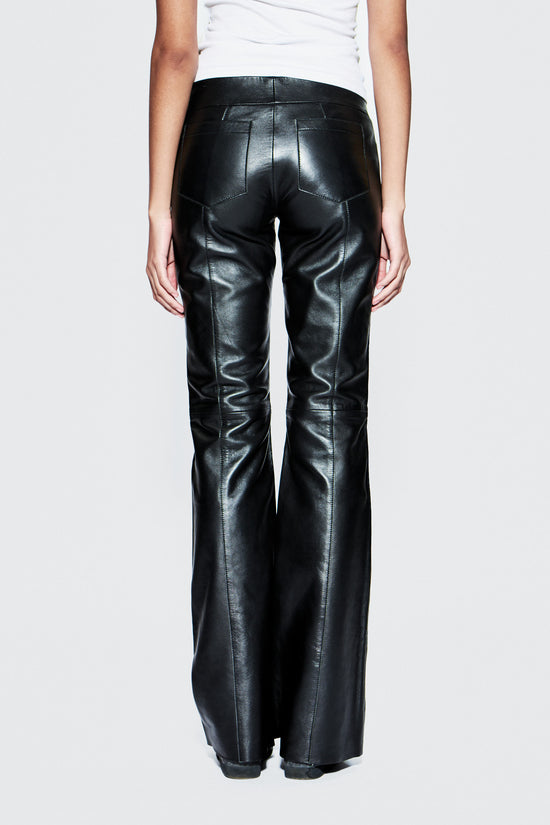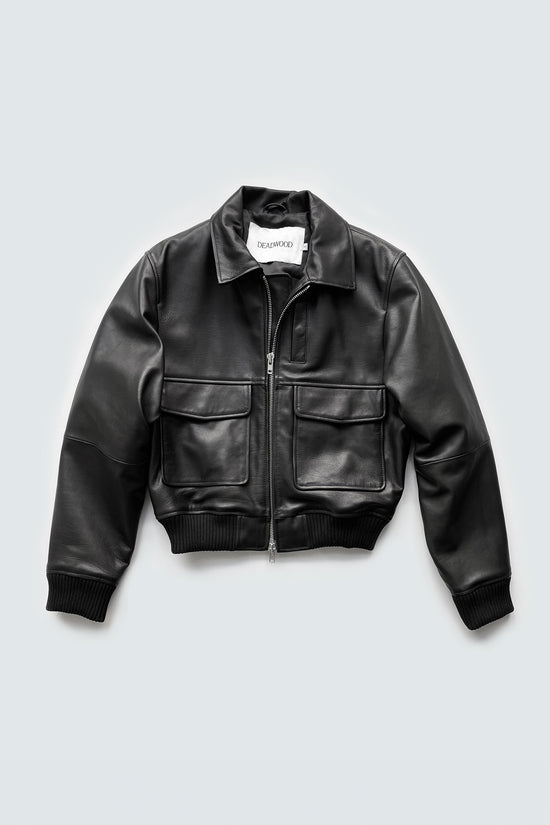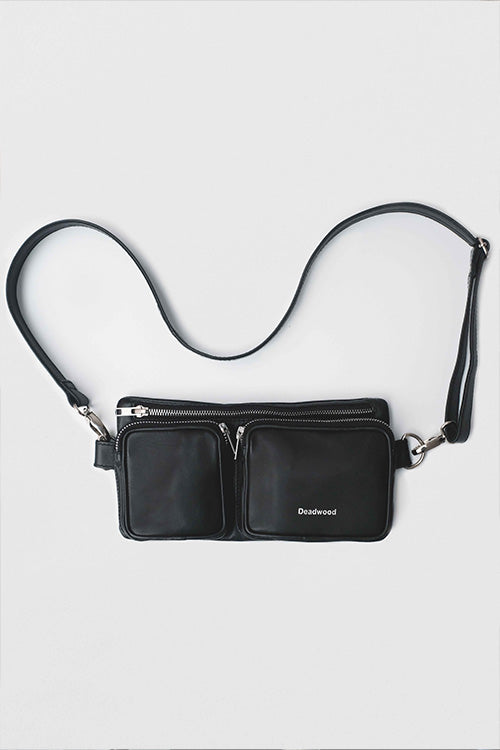Code of conduct
At Deadwood, ethical and sustainable business practices are the cornerstone of our success. We firmly believe that our achievements are deeply rooted in the trust and confidence placed in us by our customers, employees, and stakeholders. This Code of Conduct establishes the ethical standards we uphold and expect from all our employees, suppliers, and partners. Our Code draws upon the UN Universal Declaration of Human Rights, the UN Convention on the Rights of the Child, and the International Labour Organization (ILO) conventions. We insist that our suppliers, subcontractors, and business partners adhere to the principles of this Code in their operations.
Should a discrepancy arise between this Code and national law, the law must prevail. Nonetheless, our Code may set standards that surpass national requirements.
Wages and Benefits
Deadwood champions the right to a fair living wage for all individuals. Compensation for our employees—including wages, overtime, and benefits—will meet or surpass the legal minimums. We do not permit conditional payments or punitive deductions. Employees will receive clear information about their compensation details, including rates and pay periods. Moreover, employees will be compensated appropriately for any legally entitled paid leave.
Working Hours
Work hours must comply with national legislation and industry benchmarks. Regular work hours shall not exceed 48 hours per week, and employees must have at least one day off for every seven days worked. Overtime is strictly voluntary and compensated accordingly.
Prohibition of Child Labor
The employment of children is unequivocally prohibited. The minimum employment age shall align with the age at which compulsory schooling is completed and shall not be less than 15 years of age. Suppliers are required to have management systems in place to verify adherence to this policy.
Freedom of Association
We respect and recognize the rights of employees to freely associate, form, join, or be part of any workers' organization, and to engage in collective bargaining, without fear of penalty or interference.
Voluntary Employment
Deadwood unequivocally rejects any dealings with entities that benefit from prison labor or any form of labor coercion. The retention of identity documents, security deposits, physical punishment, mental coercion, and any other form of forced labor are strictly prohibited.
Non-Discrimination
Our employment practices, from recruitment to wage policies, are founded on equal opportunity principles and are irrespective of race, age, gender, sexual orientation, ethnicity, disability, religion, political affiliation, union membership, national origin, or marital status.
Workplace Health and Safety
We commit to providing a safe and hygienic work environment, adhering to optimal occupational health and safety standards. This includes effective policies, systems, and training to foster workplace health and safety. Any form of physical abuse, threats, unusual disciplinary measures, harassment, or intimidation is strictly forbidden.
Legally Binding Employment Relationships
All employees, including those in short-term or part-time positions, shall receive a written contract. We are committed to fulfilling all obligations under labor law stemming from regular employment relationships.
Environment
Dedicated to sustainable development and environmental protection, Deadwood primarily utilizes recycled and upcycled materials, particularly leather. Our suppliers must comply with environmental regulations and possess the necessary permits and licenses. We aim to minimize our environmental footprint, a commitment we expect our affiliates to share, encompassing material selection, production processes, waste management, and the handling and disposal of hazardous substances.
Preferred Materials
Our commitment to sustainability is unwavering, with the goal of transforming the industry. At least 80% of our materials are derived from recycled fibers or upcycled remnants, while the remaining 20% demonstrate significant environmental or ethical benefits. Every Deadwood item is designed to be more than aesthetically pleasing—it should convey a story that brings joy to the wearer. Our preferred materials include:
1. Upcycled offcuts, leftovers, and deadstock.
2. Reworked vintage items.
3. Recycled natural fibers like cotton and wool.
4. Recycled synthetic materials such as polyester and nylon.
5. Recyclable metals including aluminum.
6. Plastic-free plant-based leather substitutes.
7. Plant-based leather substitutes with minimal plastic content.
8. Organically grown materials, including hemp, bamboo, and cotton.
Animal Welfare
Deadwood prohibits the use of down, fur, angora, exotic skins, and exotic hairs. We prefer upcycled or recycled leather and require that any animals involved in labor or production be treated with respect and dignity. Animal suffering must be minimized and end-of-life decisions should be conducted with the least possible pain, as verified by accredited veterinarians and only by trained professionals.
Community Engagement, Monitoring, and Evaluation
We encourage our business partners to engage with both local and global communities to enhance societal and living standards. Deadwood expects all suppliers to remain open to both scheduled and surprise audits to ensure compliance with our Code of Conduct.









